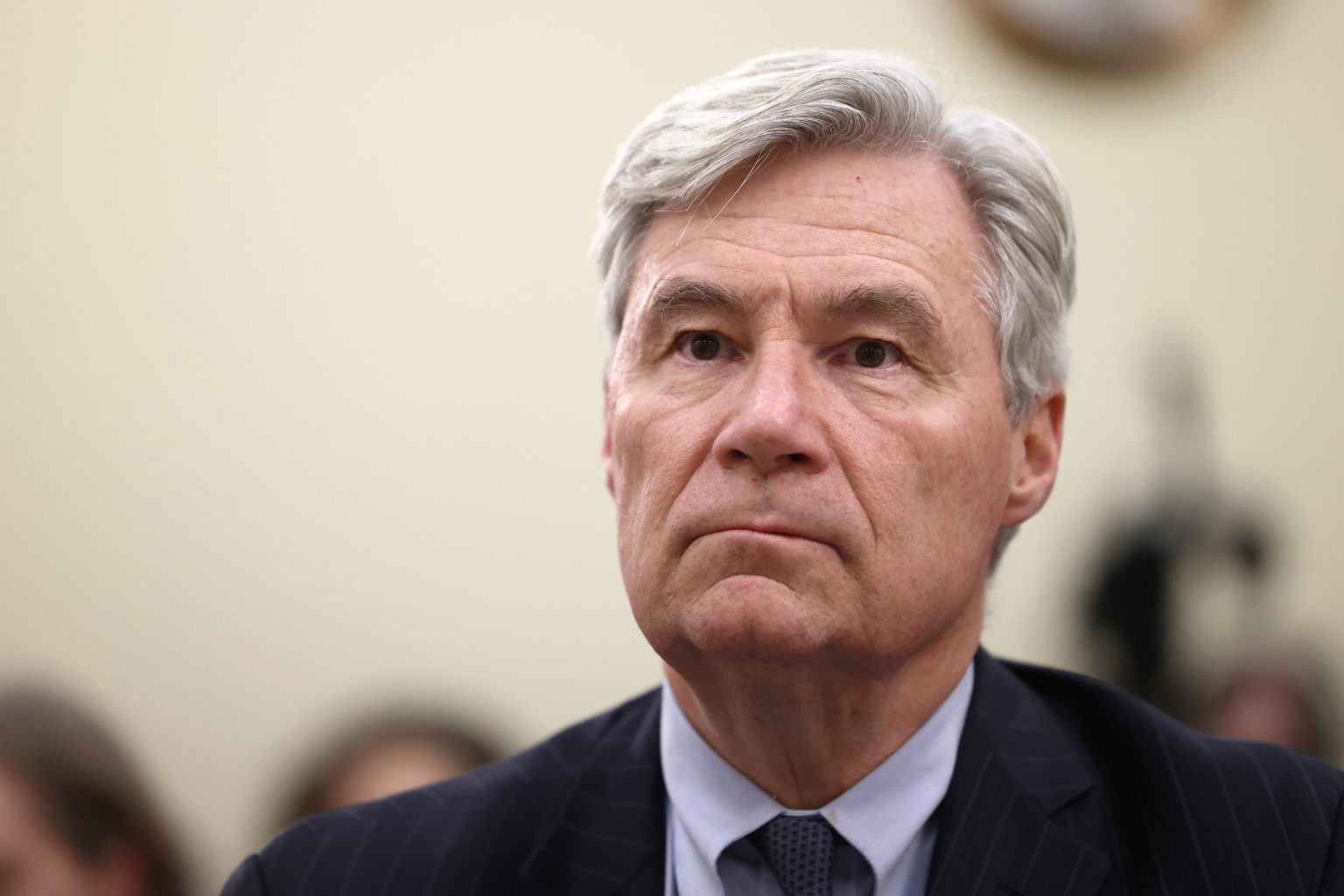Senator Sheldon Whitehouse accused Republican lawmakers of planning to cut $1.5 trillion from Social Security, a national benefits program that provides payments to retired and disabled Americans. The Republican Study Committee proposed cutting benefits by reducing the benefit formula and raising the retirement age to 69. Whitehouse highlighted the solvency issues facing Social Security, warning that benefits could be automatically cut in 2033 if Congress does not take action to address the agency’s financial situation.
While the specific amount of cuts was not mentioned in the budget proposal, the White House estimated that it would amount to $1.5 trillion. Whitehouse emphasized the importance of finding real solutions to close the revenue gap and preserve the promise of Social Security for future generations. Republican Senator Chuck Grassley called for a bipartisan approach to address the automatic cuts to retirement benefits that would occur under current law. Concerns about cuts to Social Security benefits are widespread among Americans, with a majority expressing worries about receiving less than current seniors.
During a hearing, Social Security commissioner Martin O’Malley clarified that the benefits program is not going bankrupt or insolvent, despite the depletion of the trust fund reserves. O’Malley explained that Social Security operates as a pay-as-you-go program, meaning that as long as Americans continue to work and contribute to the system, benefits will be paid out. He credited strong economic policies for an increase in workers contributing to Social Security and emphasized that the program can continue to pay benefits as long as people keep working.
Whitehouse emphasized the importance of preserving the promise of Social Security, stating that it is a commitment that cannot be broken. Grassley expressed hope for a serious discussion without political fearmongering to address the impending cuts to retirement benefits. With concerns about the future of Social Security benefits among Americans, there is a pressing need for bipartisan solutions to ensure the longevity and stability of the program. Ongoing debates and discussions will likely shape the future of Social Security and impact millions of Americans who rely on the program for financial security in retirement.








